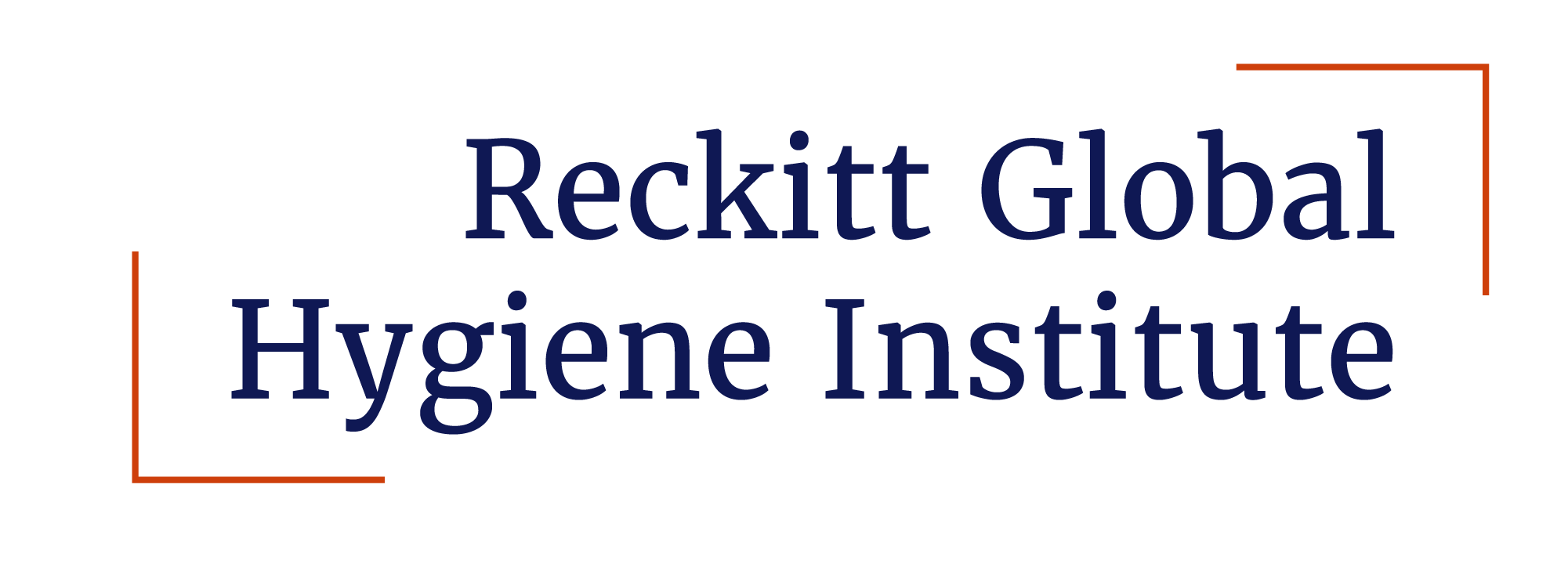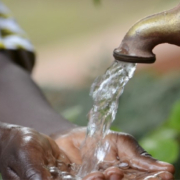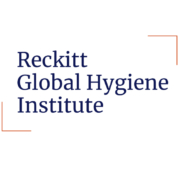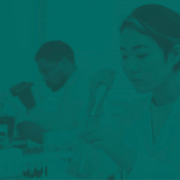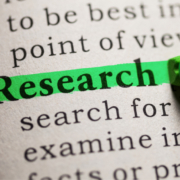Call for no-harm hygiene interventions not to be abandoned amid the removal of COVID-19 restrictions
As Prime Minister Boris Johnson removes all COVID-19 restrictions in England, the Reckitt Global Hygiene Institute urges individuals not to abandon the hygiene habits they’ve built up over the past two years, saying they are just as important now as they were before.
Since the outbreak of COVID-19, handwashing, mask wearing, sanitising, social distancing and social isolation have become integrated into daily life as people have worked to prevent the spread of the virus.
While cases of COVID-19 are in decline in the United Kingdom, maintaining such hygiene practices are vital to keeping case numbers down. This is even more critical as the UK government plans to end current COVID-19 laws. This will mean reduced testing and the end of the legal requirement to self-isolate and the work-from-home mandate.
“The removal of COVID-19 restrictions shouldn’t be seen as a green light to go back to life as it was before. Without government intervention, the onus is on the British public to continue the improved hygiene habits they’ve picked up over the past two years. Otherwise, cases could resurge,” warned Dr. Simon Sinclair, Executive Director, RGHI.
The Reckitt Global Hygiene Institute is a not-for-profit foundation that launched in 2020 to generate and fund high-quality, scientific research that addresses the links between hygiene and health. The aim is to help inform the global health agenda while driving the adoption of better and more sustainable hygienic practices globally.
Although the evidence available today around hygiene and health is limited, the world has learned some meaningful hygiene lessons through the pandemic. It has become clear that mask-wearing and washing hands are foundational to individual and public health and that social distancing and socialising outdoors can reduce the risk of contracting the virus. Two years on, the world has the tools, including a vaccine, it needs to stay safe from COVID-19.
“People know what to do but the fear is that the update from Johnson will have people thinking they can return to life before the pandemic, forgetting about all the failsafes they put in place,” Dr. Sinclair said. “Yes, rules are relaxing and that’s great. But that means more than ever we must maintain those improved hygiene habits. If people are back on the move in unlimited numbers and returning to workplaces en masse, good hygiene habits are going to be more critical now than ever as we work to ensure there are no further waves of COVID-19.”
It’s not just about COVID-19
Following the widespread adoption of hygiene measures to reduce the transmission of covid, the number of ‘flu cases also dramatically reduced.
The US Centers for Disease Control and Prevention (CDC) reported that it has logged 1,316 positive flu cases between September 2020 and the end of January 2021. During the same period the year prior the CDC had recorded nearly 130,000 cases.
Simon Sinclair continued: “The data shows us that the hygiene interventions we put in place to mitigate the transmission of covid have benefits that extend far beyond the virus. By reducing the transmission of other infectious diseases we are not only preventing sickness and deaths but we are also going to see a positive impact of worker and pupil absence. Why would we not retain the tools that will enable this?”
According to research, handwashing reduces the number of cases of diarrhoea by 23-40%, respiratory illnesses like colds by 16-21%, and reduces incidents of missed school due to gastrointestinal illness by 29-57%. It also safeguards the vulnerable.
How people can carry this forward
RGHI recommends continuing to wear a mask in inside spaces and among vulnerable people, socialising outdoors where possible, sanitising surfaces several times a day and repeatedly handwashing, especially before eating. At the same time, RGHI is continuing to promote and fund a portfolio of hygiene science to provide more evidence-based advice for this new post-pandemic era, laying out a clear pathway for improving public health overall.
“As we and others work to do that, individuals must recognise they are now taking on the responsibility from the government to protect themselves and those around them,” Dr. Sinclair said. “Societies must make a foundational shift to protect communities from COVID-19 and other health threats that may emerge. Continuing these habits is the first step to doing so.”
# # #
Notes to editors:
About the Reckitt Global Hygiene Institute
RGHI, a not-for-profit foundation, was set up in 2020 to plug evidence gaps relating to hygiene behaviours and their impact so that leaders can confidently advise their nations. Funded by a multi-year $25 million grant from Reckitt plc, which provides support for the fellowship program, RGHI is working to promote and fund a portfolio of hygiene science that will lay out a clear pathway for improving public health.
The Reckitt Global Hygiene Institute Expert Panel
The RGHI Expert Panel comprises leading scientists, researchers and partner institutions. Members include:
Professor Albert Ko
Professor and Chair of Epidemiology of Microbial Diseases, Yale School of Public Health
Dame Sally Davies
Master of Trinity College, Cambridge
Muhammad Ali Pate
Julio Frenk Professor of Public Health Leadership at the Harvard T. H. Chan School of Public Health
Dr, Feng Cheng
Research Center for Public Health, Tsinghua University School of Medicine, Tsinghua
Professor Randeep Guleria
Director of All India Institute of Medical Sciences, Delhi
Professor Yik-Ying Teo
Dean and Professor, Saw Swee Hock School of Public Health, National University of Singapore
Professor Michelle A. Williams
Dean of the Faculty, Harvard T.H. Chan School of Public Health.
Professor Patricia Garcia
Affiliate Professor, Global Health, Dean of the School of Public Health, Cayetano Heredia University.
For more information please contact: Sarah Roberts sarah@vanepercy.com
